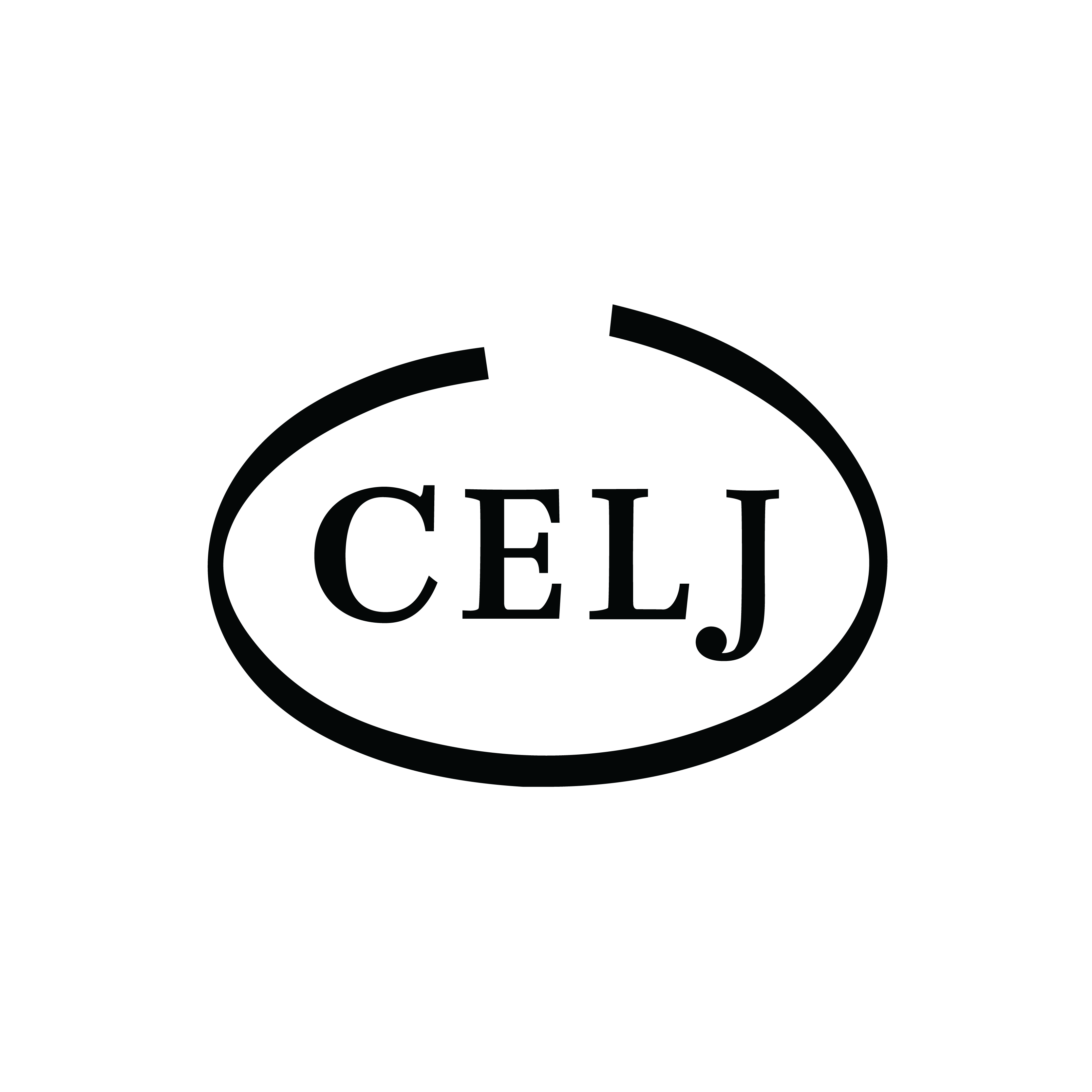CFP: Science Communication: Multimodal Challenges and Opportunities
Guest Editors: Karen Lunsford, Kara Mae Brown, Rebecca Chenoweth, Kenny Smith, Amanda Stansell
Kairos is a peer-reviewed, academic, open-access, online journal founded in 1996. Scholars represent their research using a mixture of written text, audio files, video clips, or other technologies ("webtexts").
This special issue of Kairos aims to investigate how digital and multimodal technologies have transformed science communication (broadly defined) over the last decade. We have seen changes in how both researchers and the public interact with scientific information–changes driven by scientific concerns (e.g., the pandemic, climate change) and recent technological developments (e.g., in social media, video games, transcription, artificial intelligence, sound). We seek scholarship that both takes into account the current state of science communication but also anticipates where the field is headed in the future. We encourage pieces that guide and challenge our colleagues as they and their students navigate the shifting science writing landscape.
In particular, we encourage work that takes advantage of Kairos's capacities as an Internet- based publication, using the affordances of digital and multimodal rhetoric to go beyond what is possible in a print text. Kairos’s publication platform can allow authors to present the dynamic multimedia and multimodal content that now characterizes much of science communication (see the examples mentioned below). We also seek research that investigates how digital technologies are breaking down barriers between disciplines and revealing the interconnection between science and the humanities that has become central to discourse about science in public spaces.
The following serve as suggestions for proposals; however, we are open to a wide variety of topics.
- How have new media (podcasts, video games, social media platforms) and new capacities of media (data visualization, AI art/writing) changed both academic and public science communication?
- How are informal science learning spaces (e.g., museums, edutainment, after-school programs) shaping science communication? What can Writing Studies learn from / about these spaces?
- How have digital technologies or social media contributed to or addressed fraud, data manipulation, and other lapses in science?
- How has the digital turn diversified the population of science communicators (e.g., demographics in authorship and/or engagement; supporting indigenous voices in science communication)?
- How has this turn facilitated community-building among minoritized scientists (e.g., #BlackAFinSTEM)?
- How might digital spaces reformulate our understanding of some perennial distinctions within our discipline, such as the division between “science” and “technical” communication?
- How have storytelling (including memoirs and ‘day in the life’) and visual art (including comics) been used to communicate with the public about science in digital spaces?
- How might we best integrate, examine, and interrogate our approaches to teaching SciComm in courses and programs?
Authors are encouraged to respond to these questions with dynamic multimodal evidence, such as screen captures (e.g., of interactions on citizen science projects), audio clips (e.g., of audio-based projects such as databases of bird calls), video clips (e.g., of vlogs, popular science videos, physical gestures), renditions of VR or AR experiences, and other forms of multimodal representation.
We seek submissions for the following sections of the journal: Topoi, Inventio, Praxis, Interviews, Reviews, and Disputatio. Please consult the Kairos submission page for descriptions.
Queries to the guest editors are welcome.
Submission Deadline (Proposals): October 30, 2023
Contact the guest editors with a proposal via email. (Subject line: “SciComm submission: YOUR- NAME”.) The proposal should include a 1-2 paragraph explanation of the webtext’s topic and argument; a 1-2 paragraph description of the webtext’s structure and design (including a URL and/or mockup images, if authors wish); a list of associated technologies that will be incorporated (consult general Kairos guidelines re: which technologies are supported); and a brief annotated bibliography. Authors will receive confirmation of submission, via email, within 2-3 days.
Submission email: klunsford@writing.ucsb.edu
Proposed Publication Timeline:
Proposals due: October 30, 2023
Notification of acceptances of proposals: November 21, 2023
Full webtexts due: May 1, 2024
Revised webtexts due: October 15, 2024
Publication date: Fall 2025
General Guidelines:
- Please consult the general submission guidelines, particularly regarding supported technologies.
- Kairos can accept most web-ready file formats. (Check with the guest editors if you are unsure.) Please keep in mind that this excludes word-processed documents, although you will be asked to provide transcripts of materials as pdfs.
- We prefer URLs of webtexts for review purposes. If you do not have access to open or password-protected webspace, please contact the guest editors in advance of the submission deadline to arrange alternate means of delivery.

